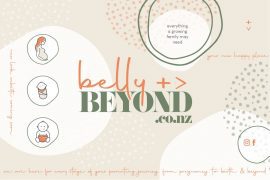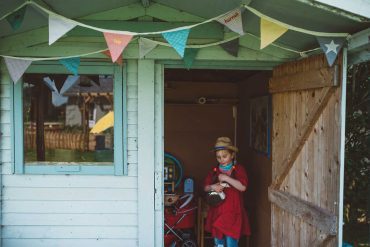2. What if your child “deserves” your anger?
You’re always entitled to your anger, but it’s always YOUR anger, not the other person’s responsibility. In any case, that’s not a judgment you can make while you’re angry.
3. What if your child’s behavior requires “discipline”?
Discipline means guidance. Your guidance will be a lot more effective once you’re calm. It’s our job as parents to be our child’s role model in handling emotions constructively. That means never acting on our anger from that “fight, flight or freeze” place where our child looks like the enemy and we have to “win” while our child has to “lose”.
Anger and punishment are never based in love, because your child never believes your love when you’re angry. He can’t help but shift into “fight, flight or freeze”, which means the learning parts of the brain shut down and he can’t learn.
4. But isn’t it healthy to express your anger?
Dumping your anger on another person is never healthy; it just reinforces your rage. What’s healthy is to acknowledge to yourself how you feel — angry! — and then be brave enough to pause and notice what’s under your anger — hurt, fear, sadness, disappointment. If you allow yourself to feel those sensations in your body, without acting on them, they begin to melt away. Once you’ve calmed down, you’ll be better able to take care of your own hurt places, and also to intervene so your child learns how to manage her behavior better.
5. Doesn’t she need to learn a lesson?
Of course, but rage is not the lesson you want to teach. If you make your teachable moments into learnable moments by waiting until your child is receptive, your teaching will stick. Your child will get something even better than the lesson about behavior — lessons about self-regulation. And just as important, the unshakable conviction that she is wholly and unconditionally loved exactly as she is, including all those messy, passionate emotions that make us human.
Notice that I didn’t say this would be easy. I think it’s one of the hardest things for anyone to do. But every time you manage your anger instead of dumping it onto your child, it gets easier. You’re actually re-wiring your brain!
Just keep practicing, finding that moment of freedom between the stimulus (your child’s behavior) and your own response. Noticing is what gives us a choice next time.
Loving unconditionally is “Win-Win” parenting. That’s because not acting on your anger creates more space for love. And where there is more love, there is always more room for miracles.
Find the original article here.
Dr. Laura Markham, founder of AhaParenting.com and author of Peaceful Parent, Happy Kids, Peaceful Parent, Happy Siblings and her latest book, the Peaceful Parent, Happy Kids Workbook.










